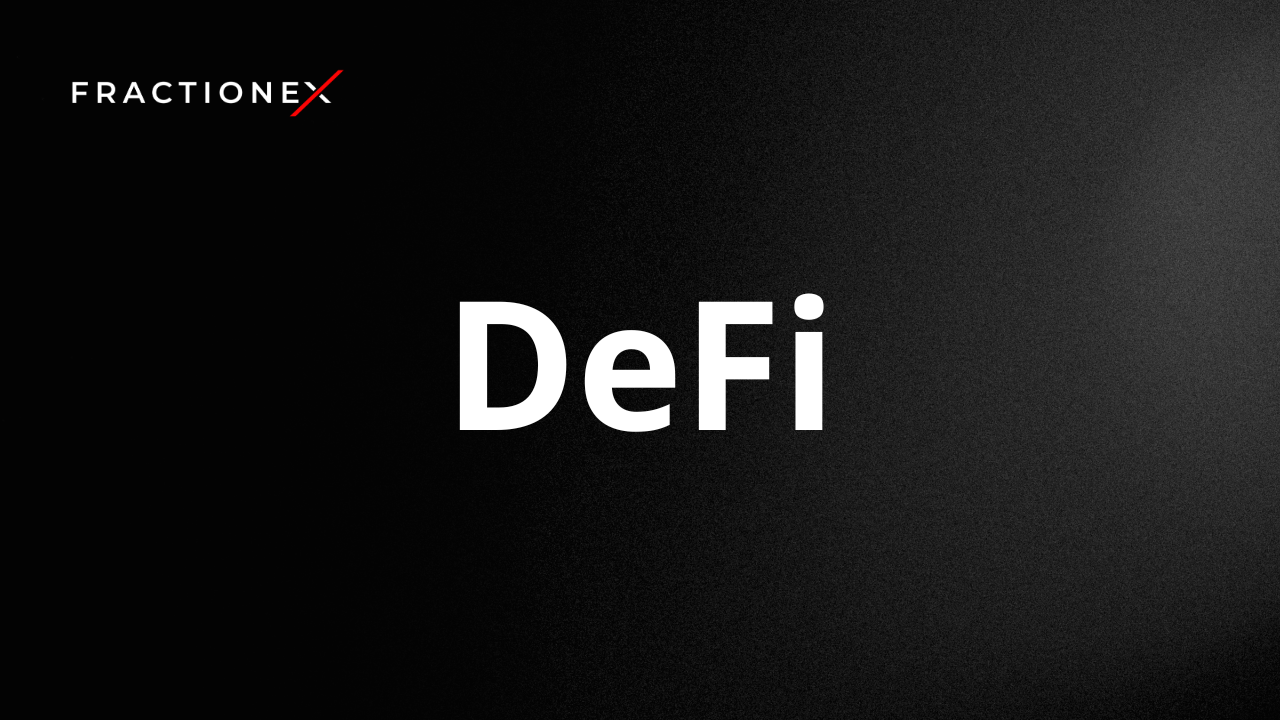DeFi (Decentralised Finance) is a financial system that operates on blockchain technology, offering services like lending, borrowing, trading, and investing without the need for centralised intermediaries, such as banks or financial institutions. DeFi leverages smart contracts—self-executing code on the blockchain—to enable secure and automated transactions. Key Features of DeFi: Decentralisation: Operates on public blockchains (e.g., [...]

DeFi (Decentralised Finance) is a financial system that operates on blockchain technology, offering services like lending, borrowing, trading, and investing without the need for centralised intermediaries, such as banks or financial institutions. DeFi leverages smart contracts—self-executing code on the blockchain—to enable secure and automated transactions.
Key Features of DeFi:
- Decentralisation: Operates on public blockchains (e.g., Ethereum), removing the need for central authorities.
- Smart Contracts: Automated agreements that execute transactions based on predefined rules.
- Permissionless Access: Anyone with a crypto wallet and internet connection can participate without restrictions.
- Transparency: Transactions and code are publicly viewable on the blockchain.
- Interoperability: DeFi applications can interact and build on each other, creating a flexible ecosystem.
Common DeFi Services:
- Lending and Borrowing: Platforms like Aave and Compound allow users to lend assets for interest or borrow by providing collateral.
- Decentralised Exchanges (DEXs): Platforms such as Uniswap enable peer-to-peer crypto trading without intermediaries.
- Yield Farming: Users provide liquidity to protocols in exchange for rewards.
- Stablecoins: Cryptocurrencies pegged to stable assets are often used in DeFi for reduced volatility.
- Token Swaps and Staking: Allow users to trade tokens or earn passive income by securing networks.

